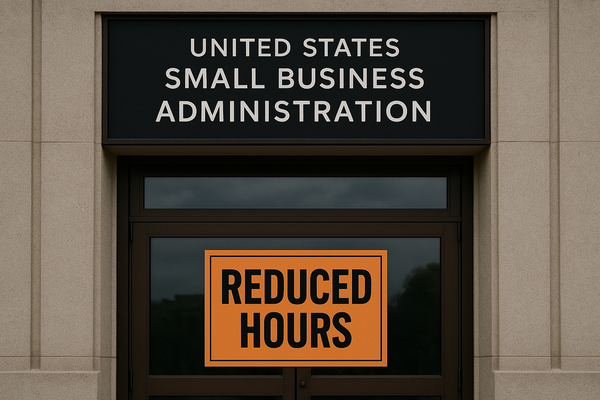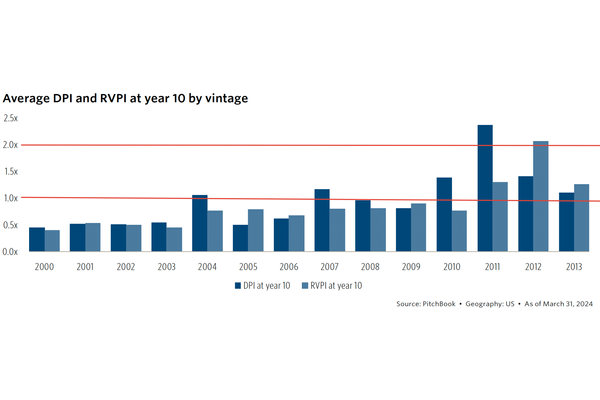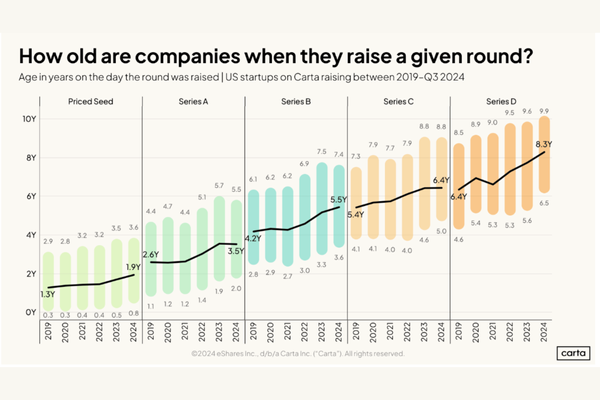Happy and Motivated Employees - Part II
Last week I wrote a post about creating an environment to support happy and motivated employees. I used a framework I heard about from Adam Grant, an organizational psychologist and Wharton professor who writes quite a bit on this topic.
Adam broke this topic down to three questions we need to answer for employees.
Is this a safe place to work?
Is this a fair place to work?
Can I make an impact here?
These questions really resonated with me, and I think it's a great way for a founder to think about this topic. Let's break these three questions down to make them more actionable.
Is this a safe place to work?
If we think about this in the context of Maslow's hierarchy of needs, safety and belonging are two critical layers that must be satisfied if we are going to create an environment for exceptional performance. This means a culture that respects diversity and inclusion, and that is free of harassment of any kind.
Your team needs to feel safe and accepted, and they need to feel like they are a part of the team and culture of your organization.
The absolute best way to do this is to build a diverse organization from the start. Because we tend to pattern-match and hire people that look and sound like ourselves, building a diverse organization doesn't happen by accident. It takes deliberate effort and planning.
If you can't create a safe place to work for every member of your team, you're not going to be able to get the best out of them.
Is this a fair place to work?
Your team needs to know that opportunities to advance within your company are going to be based upon performance rather than nepotism, or as a reward to those that are most effective at sucking up to the people in power within your organization.
This is a particular risk in fast-growing startups, where the early team is often built around friendships and close, personal relationships connected to the founding team. Over time, as the company grows, that early group of employees ends up with a closer, more personal relationship with the leadership team, and that can develop into an unfair advantage.
Other employees will spot these kinds of disadvantages quickly, and it can have a dramatic impact on culture and the motivation of high performers across the organization if you let this develop.
Can I make an impact here?
I've written about why it's important for a company to have a plan for achieving success and reaching key milestones. One of the key reasons for having a plan is that it creates a roadmap for company success that employees can read and understand. And this allows your team to then connect their work to the greater goals of the organization.
Great employees don't just want to come to work and punch a clock each day. They are invested in the success of the company, and they get fulfillment from knowing that they contributed to that success. They want to develop the right skills and experiences that connect to positive outcomes for the company. In this way, their personal success connects to the success of the company.
Mediocre employees might be perfectly willing to show up to work each day, perform a series of tasks of unknown impact, and collect their paycheck. Great companies aren't built on the back of these employees.
If you want a high-performing, motivated team, you need to be transparent with them about the definition of success for the company and help them connect their work to the company goals.




